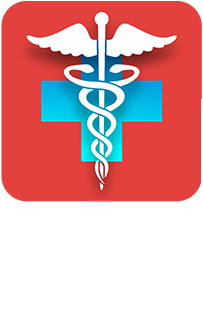Medical Billing is one of the largest systems in the healthcare network, consisting of three major types:
Closed medical billing services mean that the system is only focused on a singular practice. On the other hand, an open billing system allows the transfer of documentation/data across practices, healthcare professionals and facilities, etc. Whereas, the system that is completely removed from the healthcare facilities, physicians, and practices is known as an isolated billing system. Personal Health Records are one such example.
No matter what type of system you are used to working in, it is our responsibility to get your records sorted as per the latest industry standards and help you get more reimbursements.
